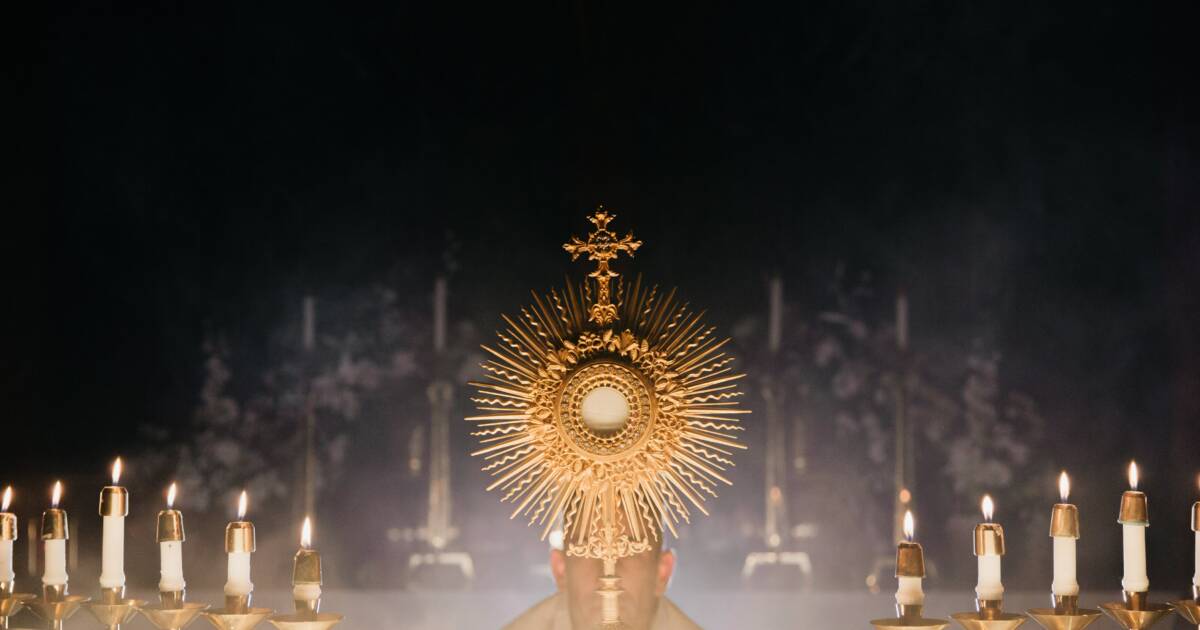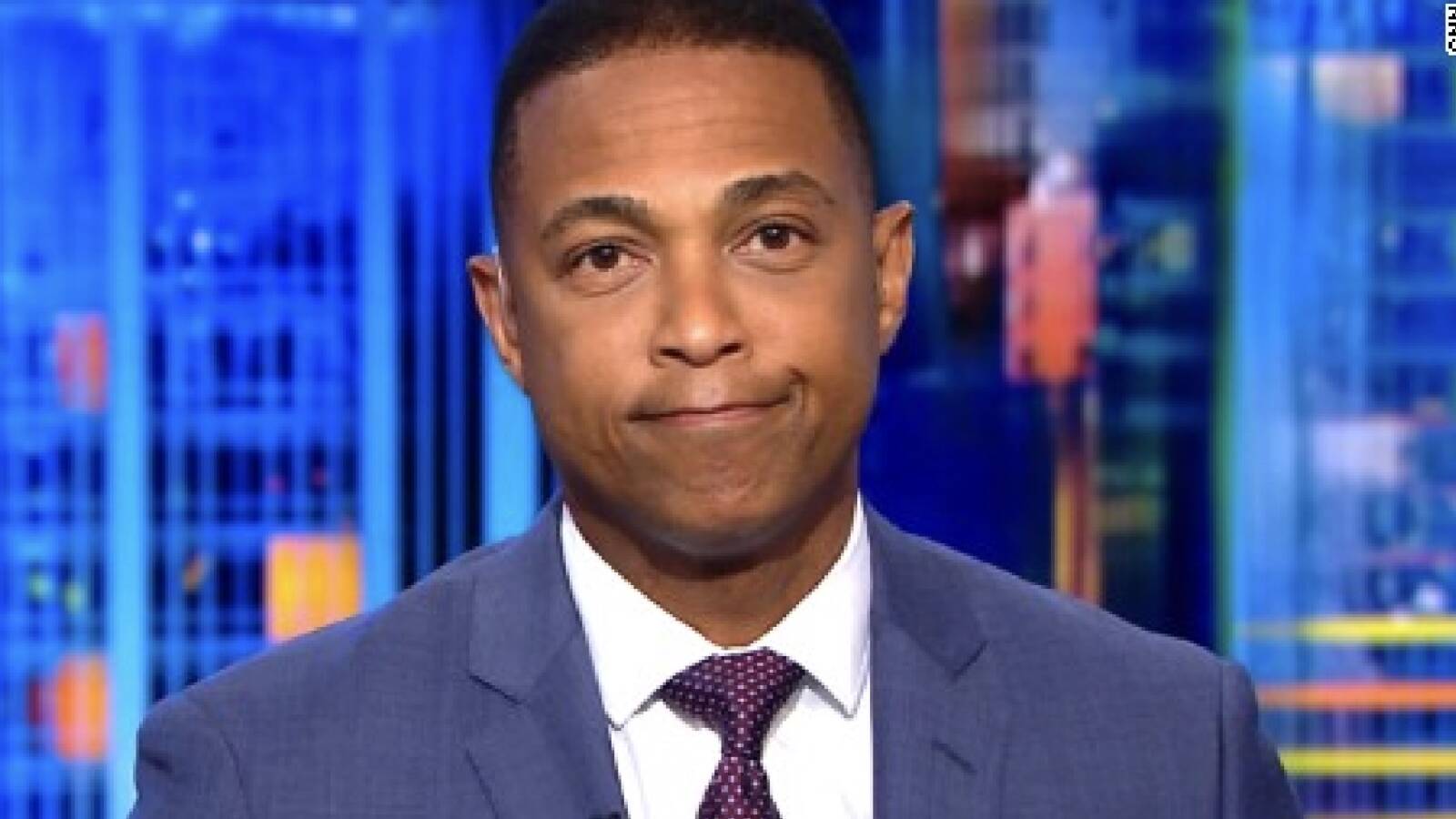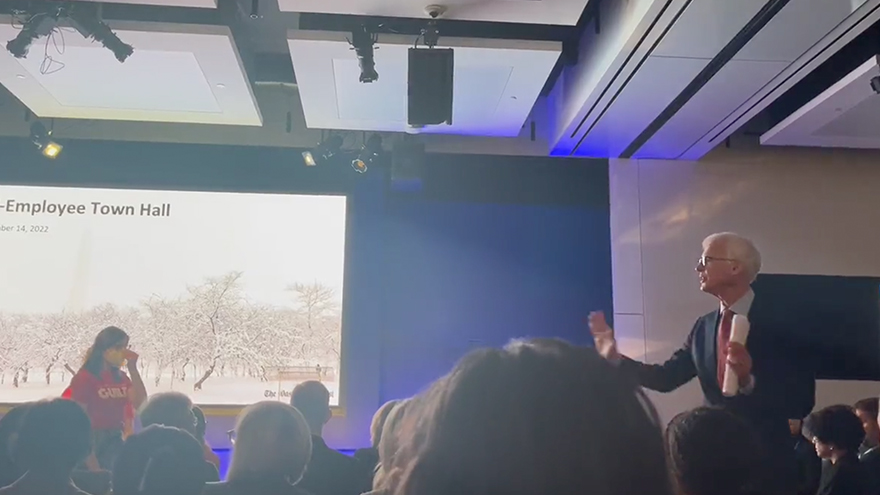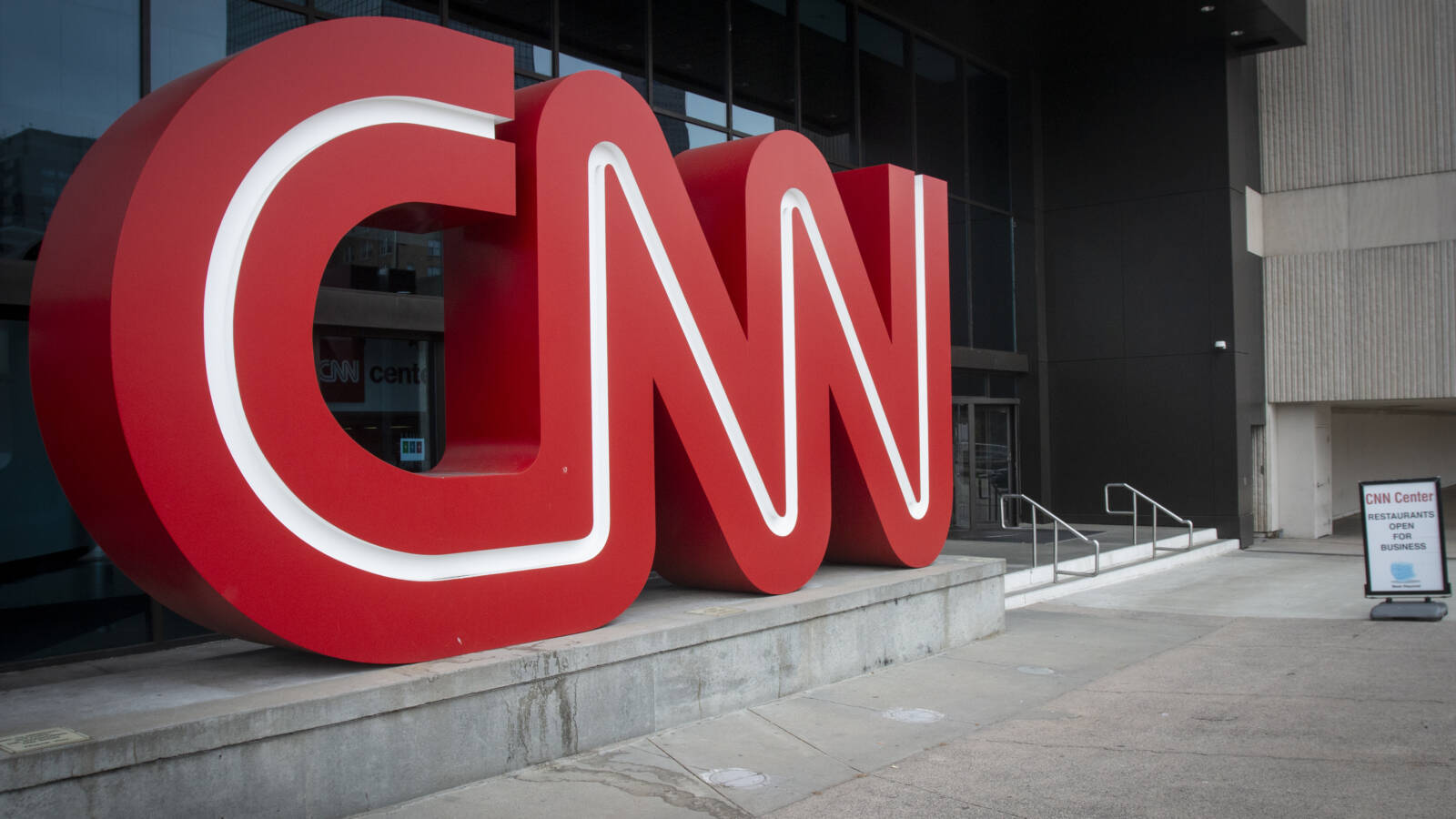If you read the national news sources today, you’d undoubtedly come away believing that the Catholic Church just made a giant turn toward progressivism, allowing priests to bless same-sex unions. Nothing of the sort has occurred. Rather, what you’re seeing is the ignorance and internal bias confirmation of the people reporting it.
Here’s what happened. A group of Catholic cardinals submitted a list of questions, called “dubia” (translated “doubts”) to Pope Francis. This is not an unusual thing. Hundreds, if not thousands, of requests like this are published (this link is in Spanish) every year among Catholic officials, clergy and seminarians. Most are not answered personally by the Holy See.
For his own reasons, Pope Francis saw fit to answer the “dubia” from five cardinals that was submitted back in July. The answers were in Spanish, but translated by the Vatican News Service. It’s not hard to read, and in my reading, I don’t see what the fuss is about. The question was:
According to the Divine Revelation, attested in Sacred Scripture, which the Church teaches, “listening to it devoutly, guarding it scrupulously and explaining it faithfully in accord with a divine commission and with the help of the Holy Spirit” (Dei Verbum, 10), “In the beginning,” God created mankind in his own image, in the image of God he created them; male and female he created them, and blessed them to be fruitful (cf. Genesis 1:27-28) and hence, the Apostle Paul teaches that denying sexual difference is the consequence of denying the Creator (Romans 1:24-32). We ask: can the Church deviate from this “principle,” considering it, in contrast to what was taught in Veritatis splendor, 103, as a mere ideal, and accept as a “possible good” objectively sinful situations, such as unions with persons of the same sex, without departing from the revealed doctrine?
The Pope’s answer was in seven parts. The parts have to be taken together to be understood. The first two parts establish the Biblical definition, and exclusivity, of “marriage” as a holy union, and the only one recognized by God and Scripture.
a) The Church has a very clear understanding of marriage: an exclusive, stable, and indissoluble union between a man and a woman, naturally open to procreation. Only this union can be called “marriage.” Other forms of union realize it only in “a partial and analogous way” (Amoris Laetitia 292), so they cannot be strictly called “marriage.”
b) It is not just a matter of names, but the reality we call marriage has a unique essential constitution that requires an exclusive name, not applicable to other realities. It is undoubtedly much more than a mere “ideal.”
The third part is a single sentence that reaffirms the Catholic Church’s commitment to not create any “rite or sacrament” that contradicts or suggests marriage is anything but what Scripture defines it to be.
The fourth and fifth parts recognize that “pastoral charity” is more than simply applying rules relating to what should be a “blessing.” The Pope paraphrases some of the gifts of the Holy Spirit and the fruit of the Spirit (found in Galatians 5:22-23), which are: love, joy, peace, forbearance, kindness, goodness, faithfulness, gentleness and self-control. Ephesians 4:11 lists what is commonly referred to as the five-fold ministry gifts: apostle, prophet, evangelist, pastor, and teacher. Pope Francis draws from both of these in his response.
d) However, in our relationships with people, we must not lose the pastoral charity, which should permeate all our decisions and attitudes. The defence of objective truth is not the only expression of this charity; it also includes kindness, patience, understanding, tenderness, and encouragement. Therefore, we cannot be judges who only deny, reject, and exclude.
e) Therefore, pastoral prudence must adequately discern whether there are forms of blessing, requested by one or more persons, that do not convey a mistaken concept of marriage. For when a blessing is requested, it is expressing a plea to God for help, a supplication to live better, a trust in a Father who can help us live better.
It is the kindness of God that leads to repentance (as in Romans 2:4), not the judgment of God. Fear does not lead to love, and God is love. “Fear of the Lord” is not what people ignorant of the Gospel or Scripture come up with in their minds—it’s reverence, awe, and supplication before a holy God. A pastor or other clergy who only relies on fear of Hell and condemnation—who deny, reject and exclude—won’t win converts, only refugees who will leave at the first sign of acceptance by the world.
Now we get to part six, where I think many media people got confused:
f) On the other hand, although there are situations that are not morally acceptable from an objective point of view, the same pastoral charity requires us not to simply treat as “sinners” other people whose guilt or responsibility may be mitigated by various factors affecting subjective accountability (Cf. St. John Paul II, Reconciliatio et paenitentia, 17).
What did Pope Francis mean by “not to simply treat as ‘sinners’ other people whose guilt or responsibility may be mitigated by various factors…”? I am not an expert, or even particularly knowledgeable about Vatican law or Catholic doctrine. But I do know that, for instance, people with mental health problems, who, say, commit suicide, are not necessarily culpable for their actions in the eyes of a merciful God. I don’t know the last thoughts of anyone who takes their own life, or what led to that moment of ultimate destiny. But God does.
Similarly, some people with same-sex attraction did not simply wake up one morning and say “I choose not to be attracted to the opposite sex, but am aroused by people of my own.” There is a history to these things, either by exerience, something seen, something witnessed, or other sources. Yes, people can choose to sin (they do every single day), and people can choose not to sin. Same-sex relationships are considered by Scripture to be sinful. The Pope never changed that, not even a little bit. But he did say that some people who seek a blessing in the form of charity or supplication are not automatically by some rule disqualified from the mercy of God expressed through charity of His representatives on earth (Christians).
In other words, it’s up to the discernment of the person being asked for some kind of blessing, or in their relationships with those who are sinners. This is true whether the issue is same-sex relationships, alcoholics, drug addicts, embezzlers, or politicians for that matter. Pope Francis, in the final part of his answer, makes what I consider a very practical argument, consistent with the New Testament.
g) Decisions that may be part of pastoral prudence in certain circumstances should not necessarily become a norm. That is, it is not appropriate for a Diocese, a Bishops’ Conference, or any other ecclesial structure to constantly and officially enable procedures or rituals for all kinds of matters, because not everything that “is part of a practical discernment in particular circumstances can be elevated to the level of a rule” as this “would lead to an intolerable casuistry” (Amoris laetitia, 304). Canon law should not and cannot cover everything, nor should Episcopal Conferences with their varied documents and protocols claim to do so, as the life of the Church flows through many channels other than normative ones.
You can’t make a rule for everything, especially dealing with a church that covers every continent, a billion people, and hundreds of languages and customs around the world. God is not a god of chaos, and trying to cover what is, what isn’t, and what should be a blessing or charity in every circumstance would be chaos.
That does not mean that “pastoral prudence” for one situation is the norm. It doesn’t mean that, for instance, if a pastor decides to attend his niece’s same-sex wedding and give them a gift, that means the pastor is endorsing same-sex marriage. It doesn’t mean that a Catholic parish priest who allows a same-sex ceremony to take place in his church building is doing the right thing, either. It doesn’t mean that charity toward all is wrong. Christians are called to be salt and light to the world. Without the salt, the light is worthless. Without the light, the salt cannot bring truth.
The Pope was not advocating anything more than a pastor should follow Scripture, his conviction and the leading of the Holy Spirit. That’s what all Christians are called to do. “The life of the Church” flows through Jesus. And Jesus ate with all kinds of sinners. To take discernment from clergy is to admit God is not personal. The Pope did not make that kind of pronouncement.
But if you don’t know Scripture, or any mature Christians; if your view of religion comes from movies, television, and reading Dan Brown novels, you might read a whole different meaning into what Pope Francis said.
Remember, one out of four journalists can’t be bothered to do actual research on the topic they’re reporting about. The other three, according to Poynter, would never darken the door of a church (or any other religious service). Many are in fact hostile to Christianity.
In the end, Pope Francis clarified what is well-established Christian doctrine. Marriage is defined as one man and one woman, biologically created by God for procreation. Marriage is holy. Things that are not marriage in human relationships that involve intimate acts, are not holy. It is up to the pastor to decide what the motivation and the mental state of the sinning people mean in the context of charity, love and kindness. These are not controversial statements.
But to a media hungry to report something that they personally want to be true: that Pope Francis encouraged or authorized same-sex blessings, which he did not, this story is meaningful. It says a whole lot about who is doing the reporting, but makes not even a bubble on the surface of the ocean of Biblical exegesis.
Maybe the media needs a good dose of humility and truth.
Follow Steve on Twitter @stevengberman.
The First TV contributor network is a place for vibrant thought and ideas. Opinions expressed here do not necessarily reflect those of The First or The First TV. We want to foster dialogue, create conversation, and debate ideas. See something you like or don’t like? Reach out to the author or to us at ideas@thefirsttv.com.







